
The current “mini-collapse” requires a democratic response
In the News, SocietyFabrice Flipo, Institut Mines-Télécom Business School
[divider style="normal" top="20" bottom="20"]
[dropcap]C[/dropcap]ovid-19, an anthropocene disease? This is how professor Philippe Sansonetti sees the crisis we are experiencing.…

Can workspaces become agile?
In the News, SocietyInnovating, adapting ever-more rapidly to changes in the environment. Breaking away from the traditional office. The digital revolution has dramatically changed working methods, and with them, the way we organize space. Researchers from Institut…
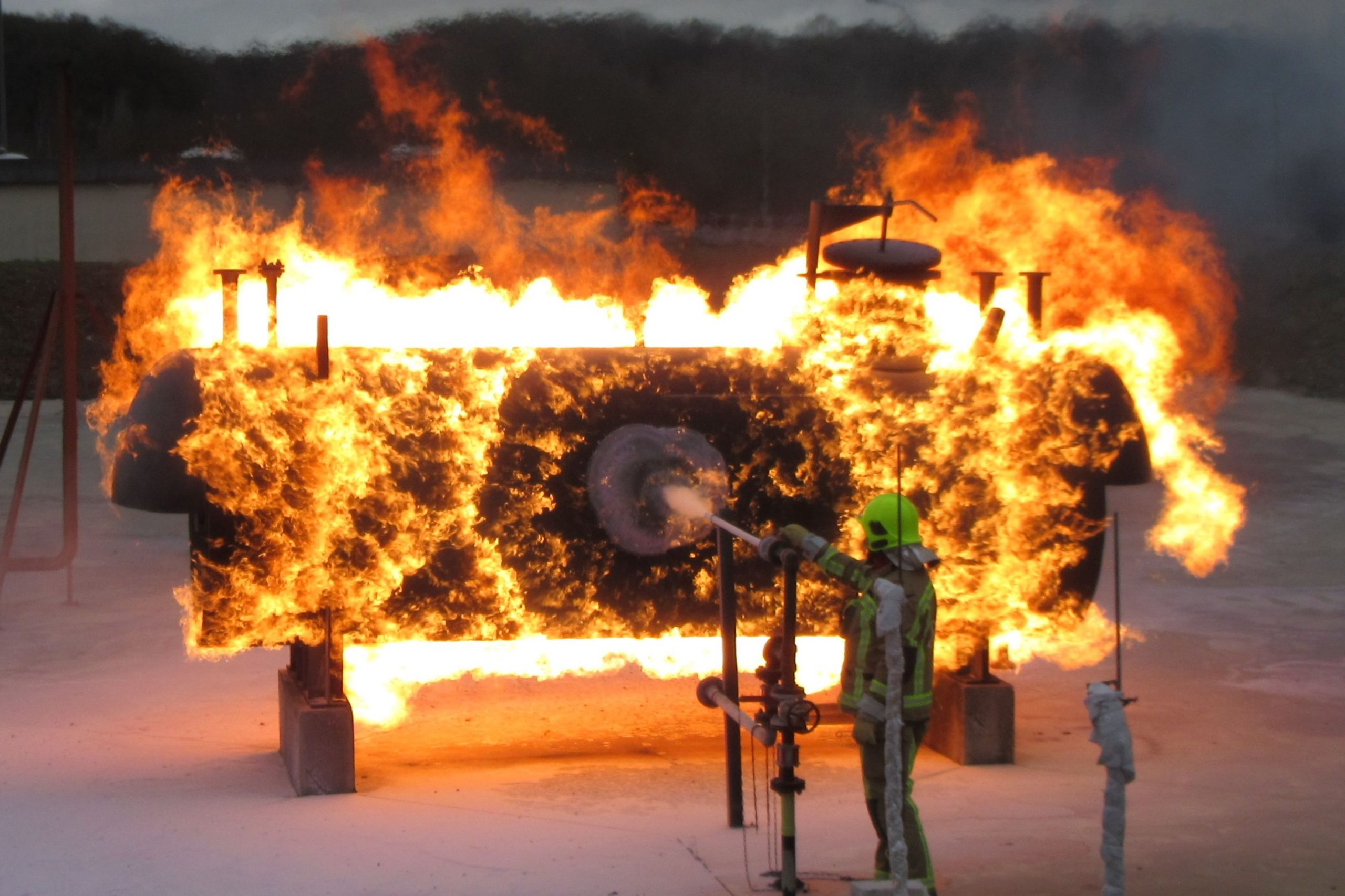
How can industrial risk be assessed?
In the News, SocietySafety is a key concern in the industrial sector. As such, studying risk represents a specialized field of research. Experiments in this area are particularly difficult to carry out, as they involve explosions and complicated measures. Frédéric…
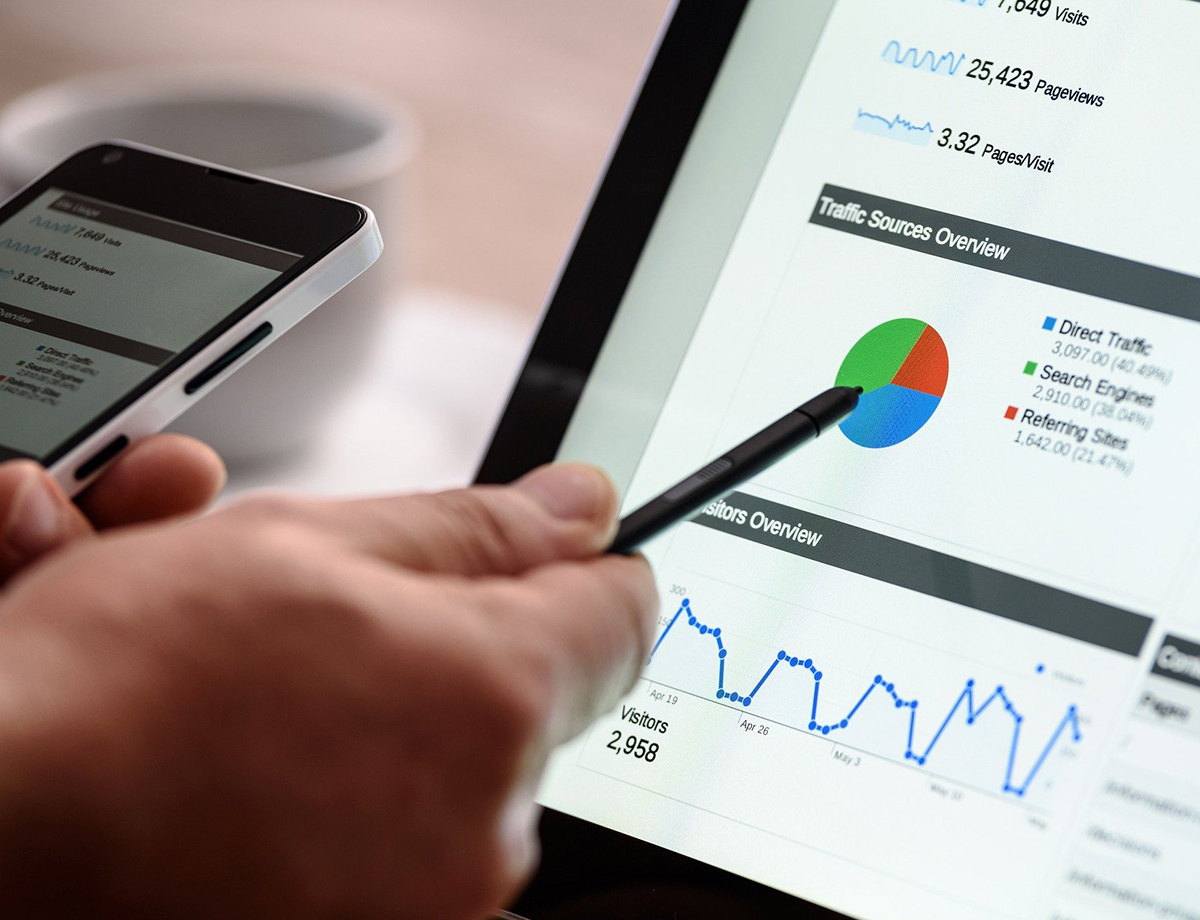
No, employees are not afraid of digital transformation
Digital, In the News, SocietyThis article was originally published (in French) on The Conversation. By Emmanuel Baudoin, Institut Mines-Télécom Business School.
[divider style="normal" top="20" bottom="20"]
[dropcap]T[/dropcap]he 2019 edition of the study (in…
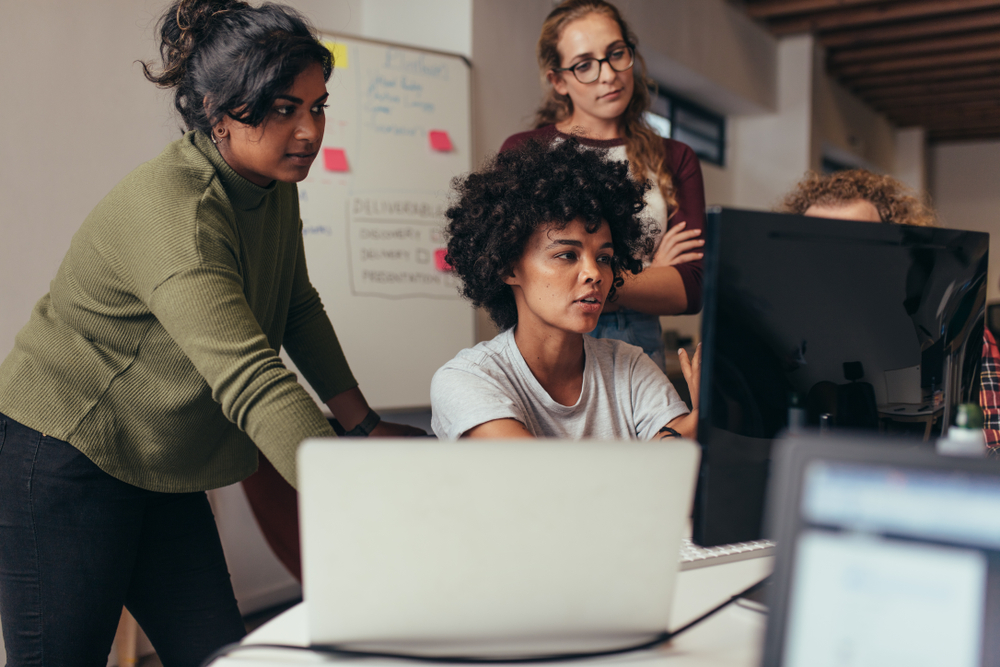
Why have girls been turning their backs on computer science?
In the News, SocietyColumn written in partnership with The Conversation.
By Chantal Morley from Institut Mines-Télécom Business School.
[divider style="normal" top="20" bottom="20"]
[dropcap]F[/dropcap]or an organizer of a careers fair or an engineering…

Fukushima: 8 years on, what has changed in France?
Energy & environment, In the News, SocietyFukushima was the most devastating nuclear disaster since Chernobyl. The 1986 disaster led to radical changes in international nuclear governance, but has the Japanese catastrophe had the same effect? This is what the AGORAS project is trying…
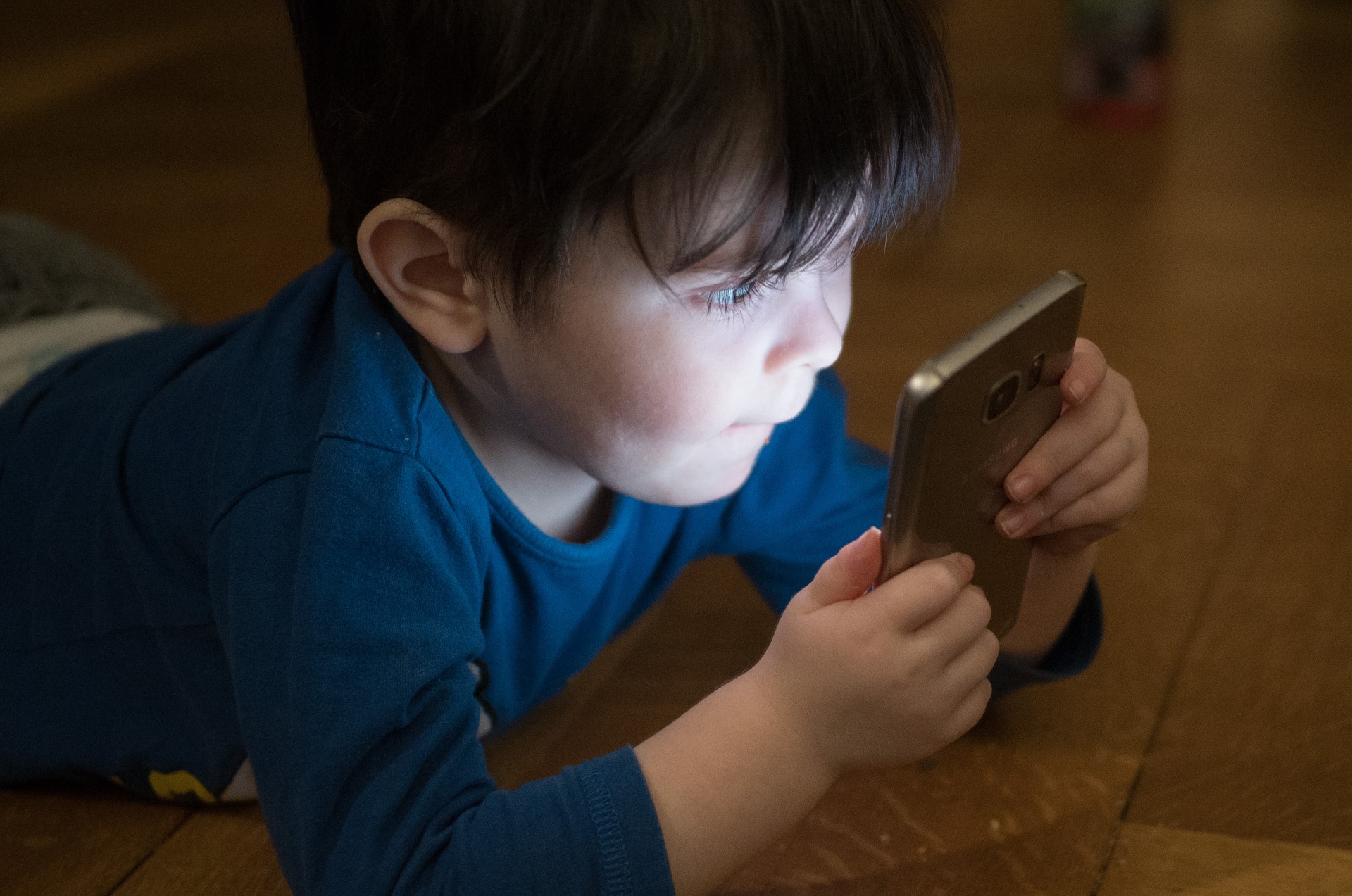
Do mobile apps for kids respect privacy rights?
Digital, In the News, Society, UncategorizedThe number of mobile applications for children is rapidly increasing. An entire market segment is taking shape to reach this target audience. Just like adults, the personal data issue applies to these younger audiences. Grazia Cecere, a researcher…
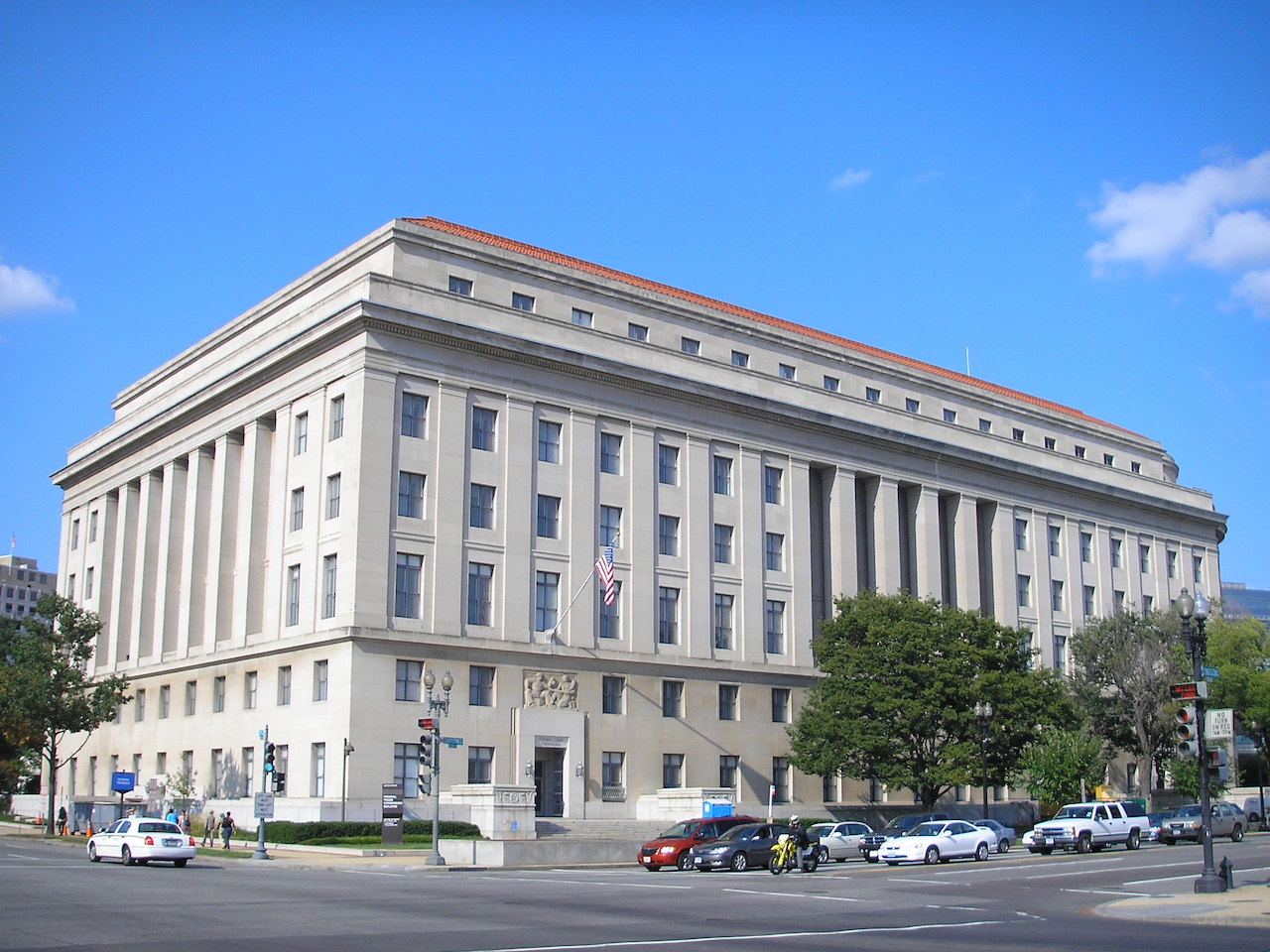
Fine against Facebook: How the American FTC transformed itself into “super CNIL”
Digital, In the News, SocietyArticle written in partnership with The Conversation
Winston Maxwell, Télécom Paris – Institut Mines-Télécom
[divider style="normal" top="20" bottom="20"]
[dropcap]T[/dropcap]he US consumer protection regulator has issued a record…
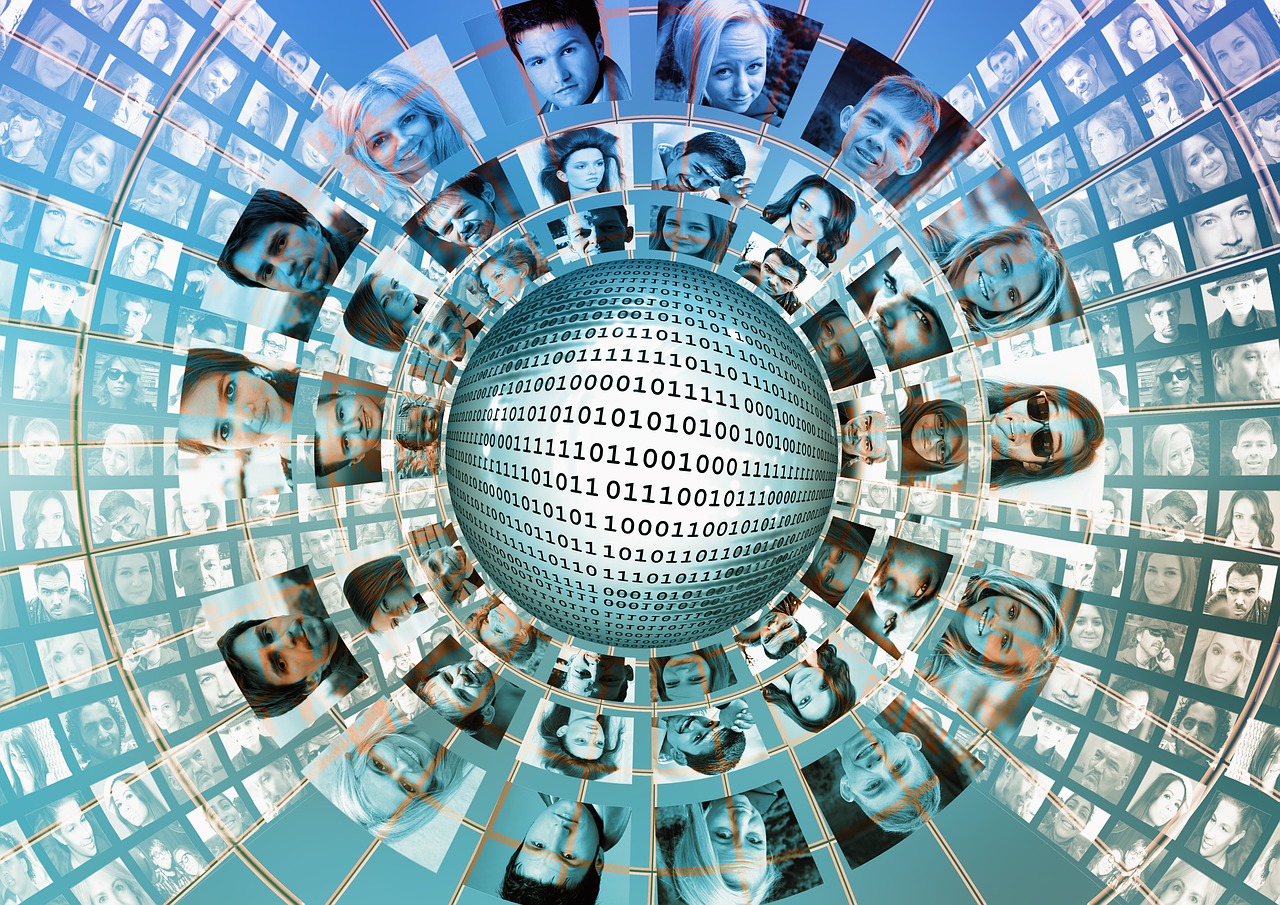
Data brokers: the middlemen running the markets
Digital, In the News, SocietyOver the past 5 years, major digital technology stakeholders have boosted the data broker business. These middlemen collect and combine masses of traces that consumers leave online. They then offer them to the companies of their choice in exchange…
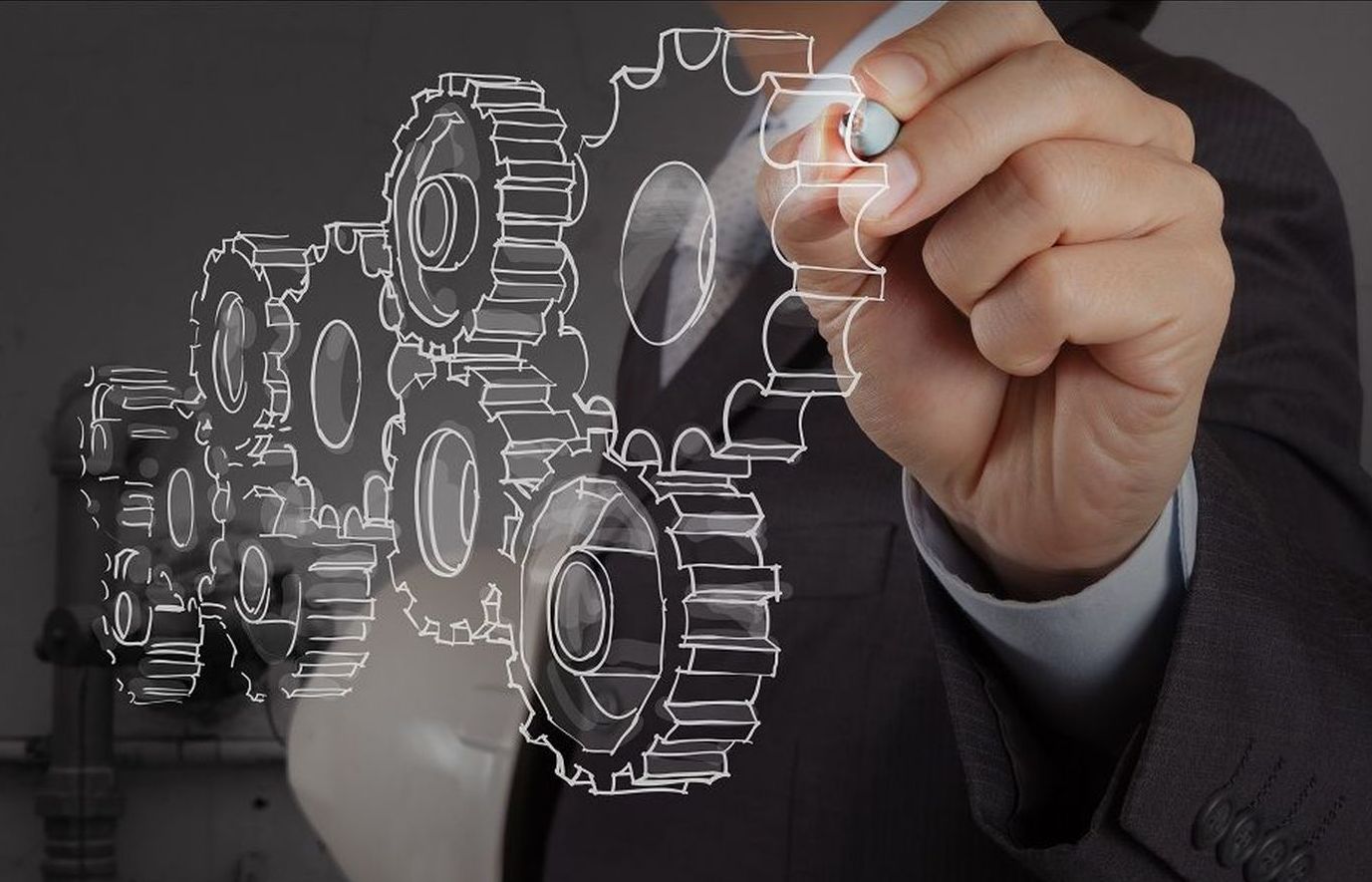
Servitization of products: towards a value-creating economy
Digital, In the News, Industry, SocietyBusinesses are increasingly turning towards selling the use of their products. This shift in business models affects SMEs and major corporations alike. In practice, this has an impact on all aspects of a company's organization, from its design…

